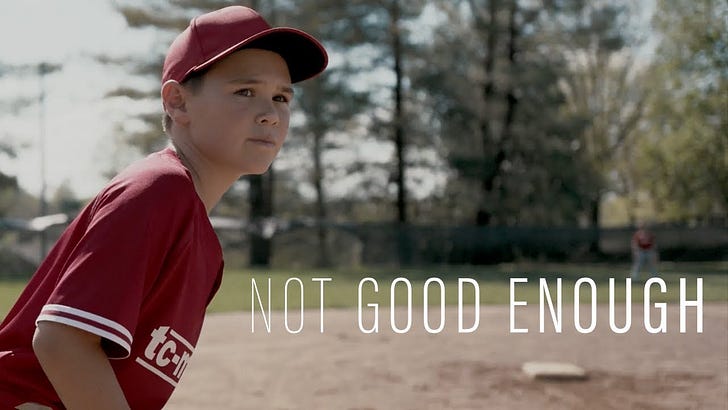Everyone Plays a Role in an Athlete's Mental Health
Parents, coaches and athletes each contribute to supporting or negating an athlete's inner journey
“My kid needs to play on the top team or we’re going to find another club.”
“My son is better than the rest of these guys. He needs to start or we’ll be looking to transfer to another school.”
“If you’re not perfect, you’re not a part of this family.”
“I don’t understand why the coach even plays the other girl, my daughter is clearly a better athlete.”
Them…
Keep reading with a 7-day free trial
Subscribe to Raising Empowered Athletes to keep reading this post and get 7 days of free access to the full post archives.




